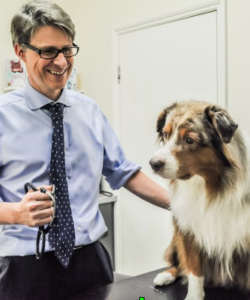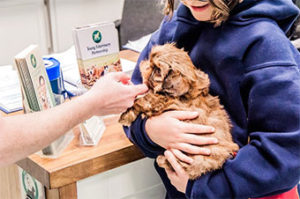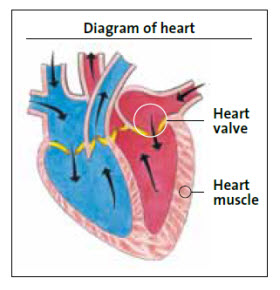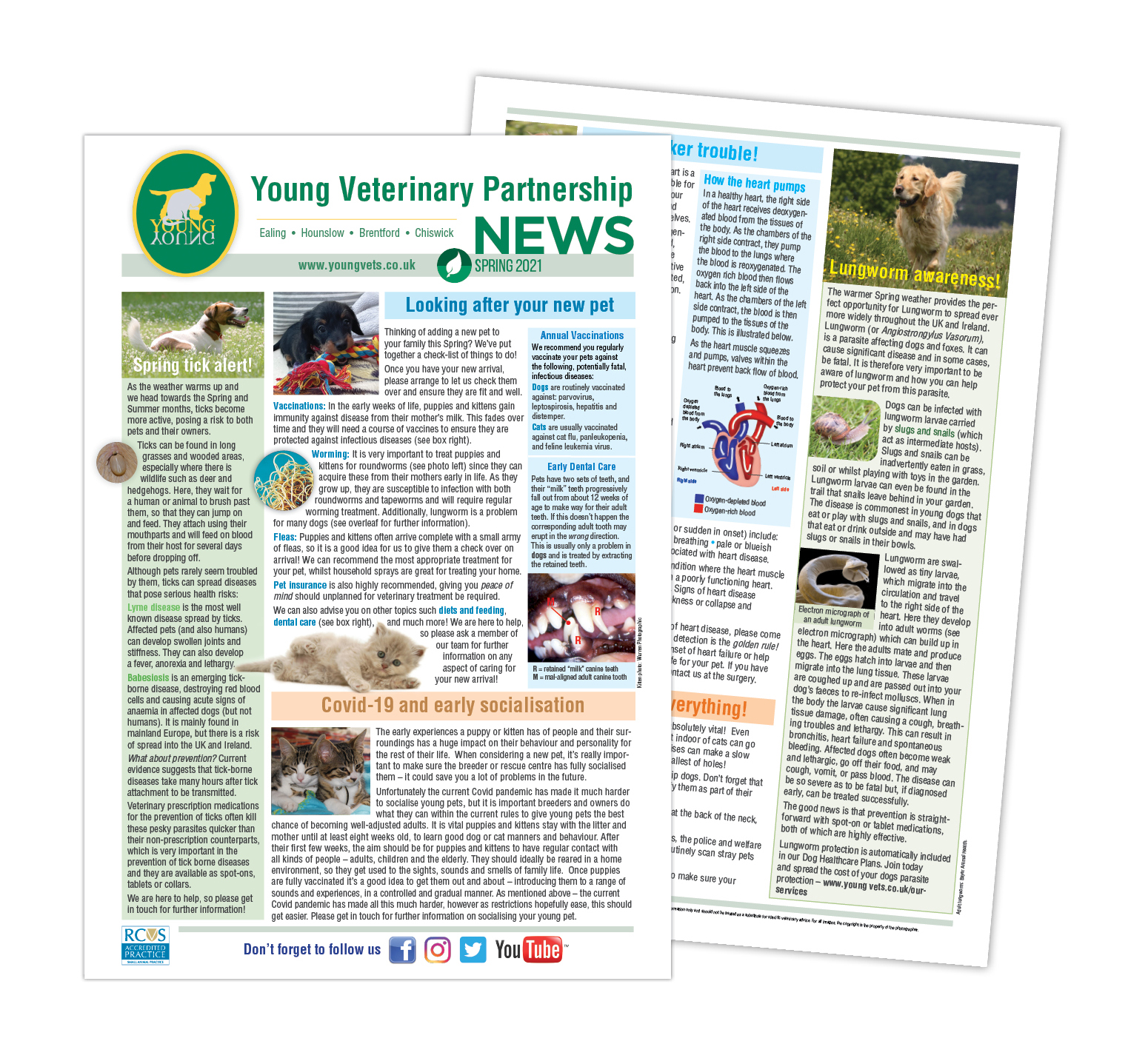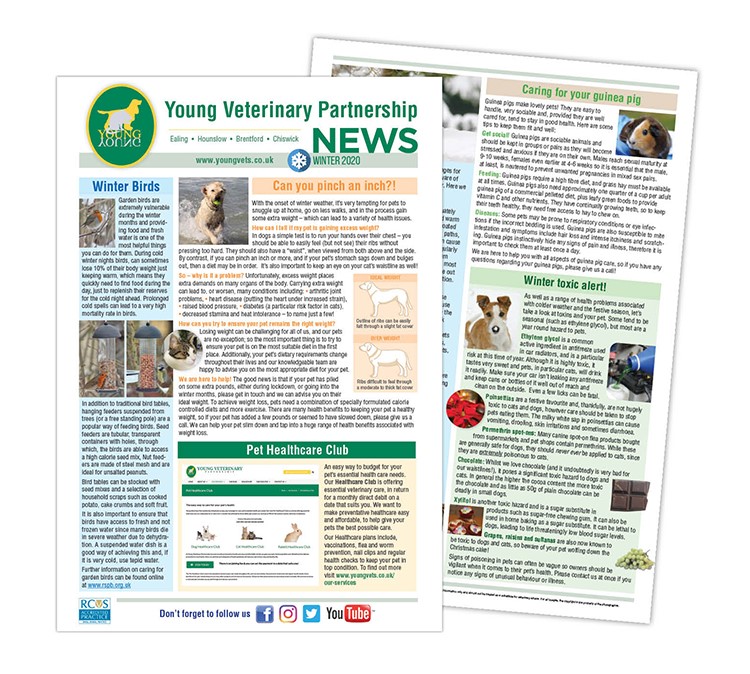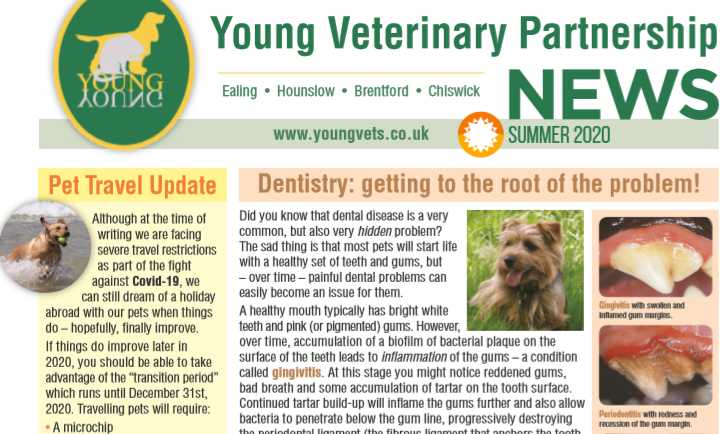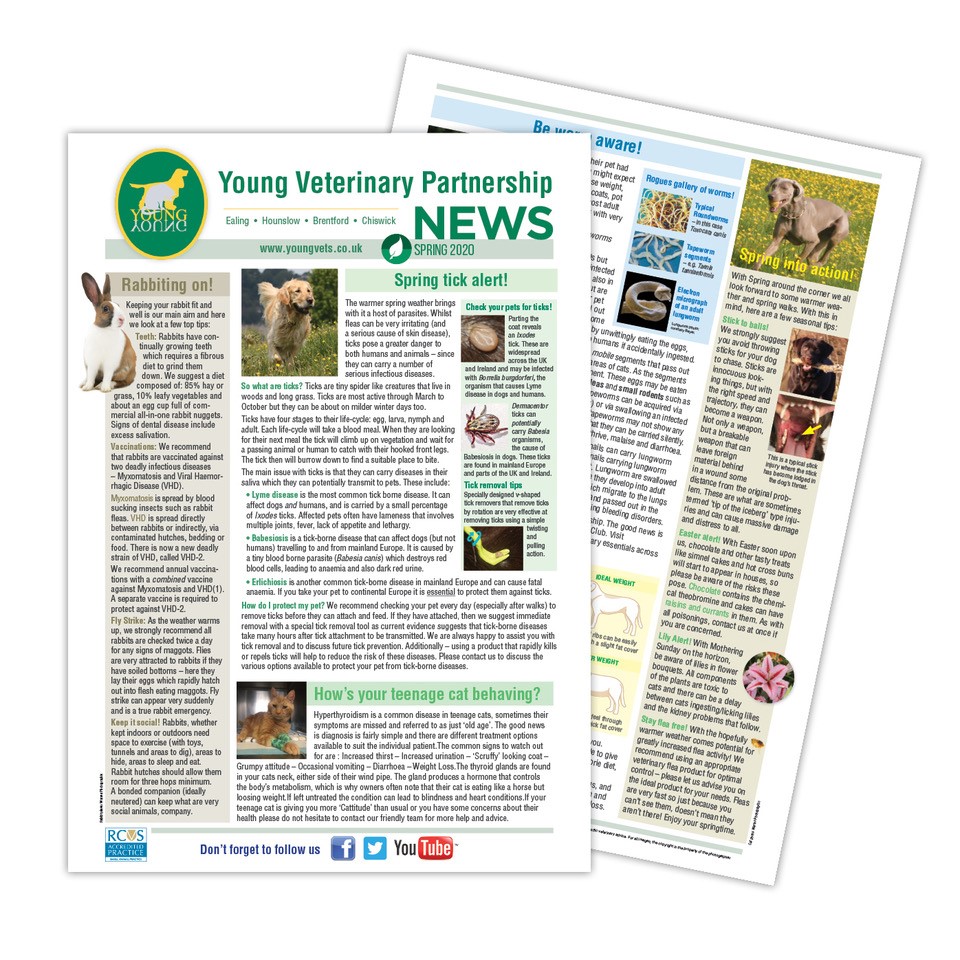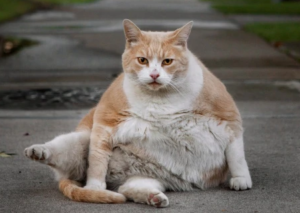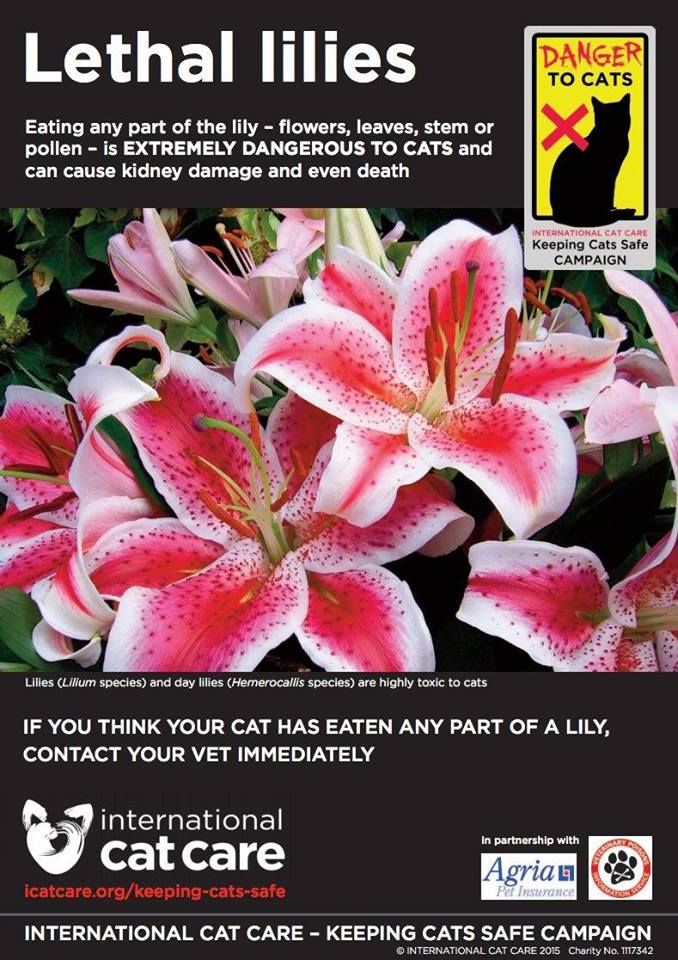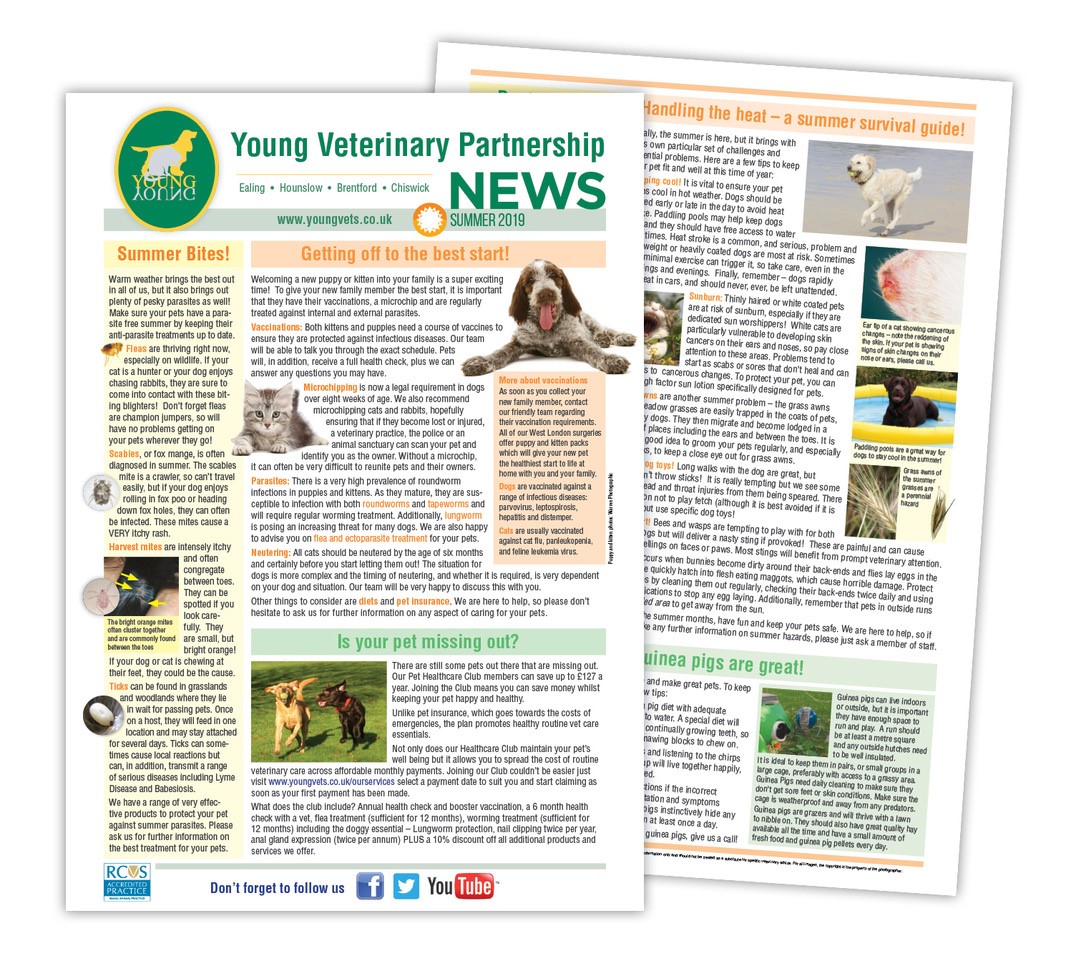8 simple tips for bathing your dog at home
Like humans, doggies can get smelly. Sweat, muck and all the rest – so bathing your dog is a necessity. But it’s not as easy as taking your car to the jet wash. Your four-legged dirt-machine can be a tricky, sensitive and even once they’re in the tub (and we don’t mean the snappy dressing kind). Let’s sort out the dos and don’ts of dogwash. Bring a towel. Or three.
1. Brush before use
Give their coat a good brush prior to getting in the bath or shower. May as well minimise the amount of fur you’ll be unclogging from your plughole later on.

Doggy Bath Time
2. Make it fun
Tempt your pup into the tub with their favourite squeaky toy, or even a treat. Standing in a giant acrylic container of water is a fairly alien concept for a hound, so you’ll need to lure them in and keep the sensation a pleasant one, where possible. Remember to stay calm (your pooch picks up on your emotions) and even try a few taster sessions of them in the tub with no water to get them truly familiar with the location. Last thing you’ll want to do is make them associate the experience with stress, so leave any anxieties at the bathroom door. We’ve even seen on social media smearing peanut butter (Xylitol free) on the side of your bath tub can help with anxious dogs – beware this could get messy!
3. Cool hand luke
When you’re confident of running the water, make sure it’s lukewarm. Not scalding, not freezing. Us humans like the luxury of a soaring temperature in the tub, but dogs have a higher body temperature than us. Anything approaching hot will come across like we’re trying to make dog stew. Err on the side of cooler.
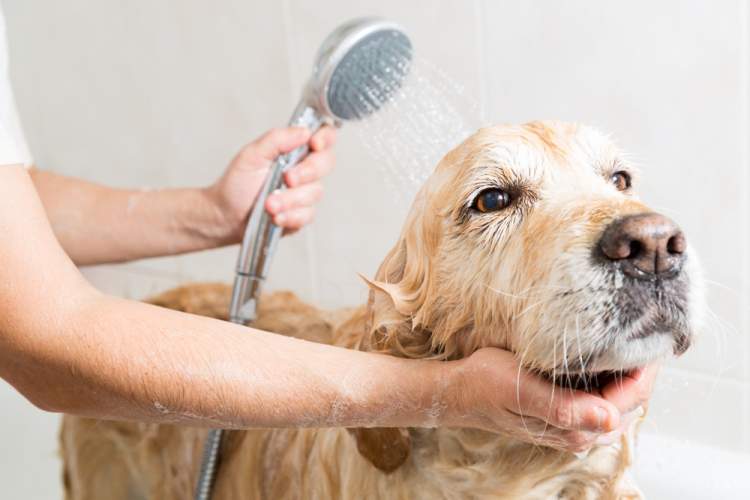
Don’t forget to check the temperature BEFORE the water touches your dog!
4. Shoulders, knees and toes (not head!)
Using either the showerhead (on light spray, your dog won’t react kindly to a fire-fighter’s hose-down) or cup, gently massage the water into the fur from the shoulders all the way down. Whilst many adore a good tummy rub, some poochies are very precious and snappy around their stomachs, so be cautious. Same goes for their tail. You should hopefully have already established your boundaries, so build on that trusting relationship.
5. Avoid the ears
As well as being seemingly woven from the softest candyfloss in the universe, a doggy’s ears are worryingly delicate. They’re prone to infection and used for pooch’s balance, so treat the ears and head as a water exclusion zone!
6. Get the right shampoo
Most importantly, don’t use human shampoo. It’s not formulated for canine kind (think diesel in an unleaded, only much more valuable and furry). Use a vet-approved medicated dog shampoo that moisturises your panting pal’s coat and skin, instead of stripping away precious oils. A bad choice can either lead to or aggravate an existing skin condition. Poor pooch will be scratching like a doggy possessed if you buy the wrong product.
Natural ingredients such as oat-based products are preferable. And make sure the suds are out before the bath is over. Consult our team or your local dog groomer on which brand best suits your breed. They may recommend a coal tar-based product, which can alleviate itchy skin, but it all depends on the breed and frequency of the wash. There’s still debate about exactly what ingredients should comprise your pup-wash, so again, ask your doggy doctor for advice.
7. Face facts
A simple wipe down with a wet flannel will do. And whatever you do, don’t accidentally use it to wash your own face. Ew!
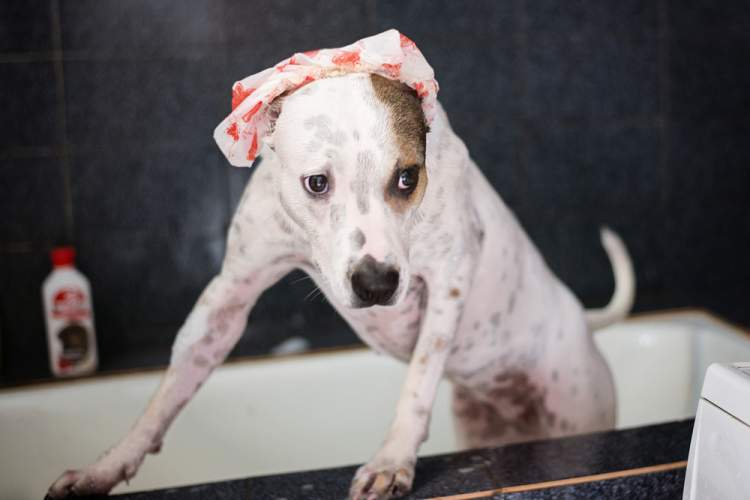
8 simple tips for bathing your dog at home
8. Drying off
A hairdryer is best avoided, given your wet-nosed pal’s higher body temperature. Grab a towel or two and give your pup a gentle rubdown. Emphasis on the word gentle.
So there you have it. You’ll have your four-legged chum sparkling and keen to get twice as filthy in no time. Happy sploshing!
If you need further help or advice contact your local Young Vets surgery and we will be able to offer you advice and / or if you are not confident in doing this alone we can provide you with the contact number of some local dog groomers to help.
